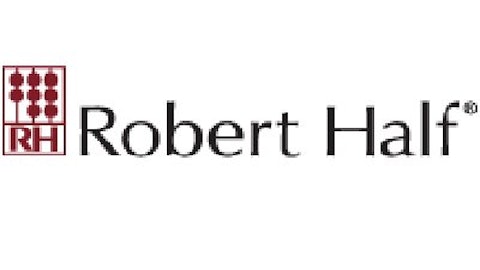In part one of this series, we discussed a “Triangle” of likely economic concerns that are due to contract the margins of temporary staffing providers.
To re-cap, they are:
1). Increased volatility (good or bad) in the unemployment rate
2). Increase workers compensation rates, particularly if unemployment drops
3). Increased gas prices
To be clear, while I feel that the temporary staffing market is due for a hiccup, I don’t believe it should be avoided altogether. This “Triangle” provides the largest risk to Manpowergroup Inc (NYSE:MAN) and Trueblue Inc (NYSE:TBI), but competitors that operate in better geographic markets or skilled labor staffing should continue to thrive.

Check out these numbers for the most in-demand jobs with the highest number of jobs produced, since the recession.
Occupation | Software Developers | Accountants/Auditors | Marketing Specialists | Computer Analysts/Administrators | Human Resources/Labor Relations Specialists | Sales Representatives | Mechanical/Industrial Engineers |
Jobs added since 2010 | 70,872 | 37,123 | 31,335 | 45,000 | 22,773 | 17,405 | 13,656 |
Growth % | 7% | 3% | 10% | 5% | 5% | 4% | 6% |
Source: Rasmussen
Nearly all of these markets are staffed by either Robert Half International Inc. (NYSE:RHI) or Kelly Services, Inc. (NASDAQ:KELYA); particularly Accounting for the former and Engineering for the latter. Both firms are equipped to navigate through a difficult temporary market–Robert Half because of its high margins, and Kelly because of its diversified client services. Better yet, they don’t have the exposure to Europe that
Manpowergroup Inc (NYSE:MAN) has, and Kelly is expanding in the highest growth markets—Latin America and Asia.
Robert Half’s brand recognition in the temporary staffing industry is so strong that some of its brands are synonymous with the markets they serve (i.e., Accountemps). This creates credibility amongst clients in fields that need experts and drives Robert Half’s ridiculously high billing rates. Robert Half has a respectable operating margin of 9%, but it’d be much higher if you subtracted the cash they spend to have some of the best recruiters in the industry–most of whom are former accountants, lawyers, etc. These are expenses that firms like Manpower and Trueblue Inc (NYSE:TBI) largely don’t have, but it’s also what drives gross margins higher.
The typical bill rate for Accountemps, for instance, is a 60% mark-up. That means, if Robert Half pays an employee $10 per hour, they bill their client $16; a remarkable feat. So remarkable, that it leads Robert Half to have gross margins nearly three times as fat (41%) as the aforementioned
Manpowergroup Inc (NYSE:MAN). This fact, coupled with the fact that Robert Half’s white collar staffing model comes with essentially no workers compensation risk, makes up for the fact that they’re primarily a temporary staffing provider.
In other words: high margins + brand moat + lower risk=a good place to start!
PEO providers offer flexibility in down markets
While Robert Half has been on an absolute tear, I believe misinformation has lead Kelly to still be a bargain. Sure, the stock has risen to a 52 week high, but it’s within a much tighter range, and still far off its pre-recession price (around $35) despite being more profitable today.
Kelly’s earnings are projected to rise 14% this year, and considering that it has met or exceeded earnings for 12 straight quarters, I feel comfortable building a position based on those projections. Kelly has a strong long-term temp business in growing skilled labor areas like Engineering, but also offers much more. The company is successfully transitioning its business to have more exposure to permanent placement and especially HR outsourcing, PEO and Vendor Managed Services (VMS,) all of which have low overhead and risks. Those services also thrive in all “economies,” good or bad, because they save companies money.



